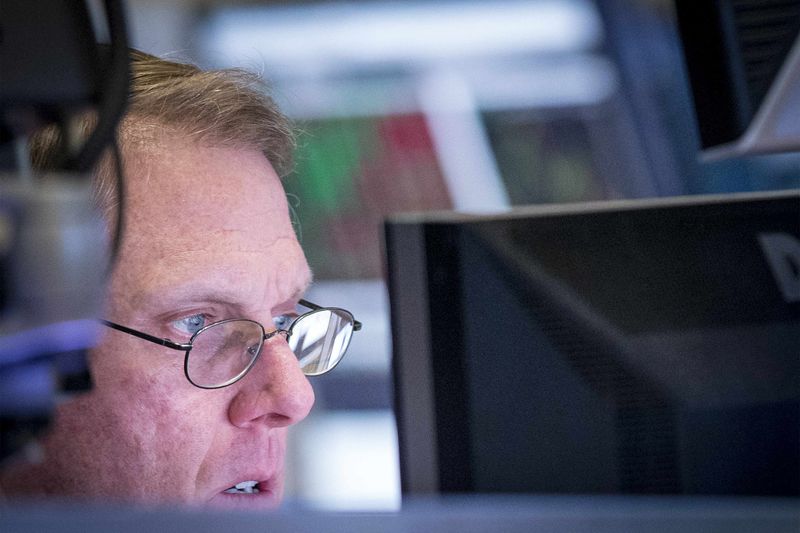Serve Robotics' Acquisition of Vebu Raises Concerns Among Short-term Vendors
Serve Robotics Inc. (NASDAQ:SERV), known for its sidewalk robots delivering food for Uber Eats in Los Angeles, has come under scrutiny following its acquisition of automation incubator Vebu Inc. Announced on November 7, 2024, the deal has been criticized by some for allegedly providing unfair benefits to insiders, particularly given Vebu's history of unsuccessful prototypes and its focus on a commercial robot for avocado processing instead of more conventional delivery solutions.
Short seller Bonitas claims that James Buckly Jordan, a board member of Serve, has a track record of fundraising for robotic ventures that have failed commercially, raising at least $150 million for about ten unsuccessful businesses. Notably, Jordan's pizza robot company Piestro and Miso Robotics have not fulfilled their revenue promises despite significant pre-order claims.
The acquisition has also raised questions about the relationship between Jordan and Chipotle, a major investor and client of Vebu. A former Vebu employee described the challenges in scaling the Autocado prototype with Chipotle, which led to a decline in revenue and resulted in the partnership being implemented in just one location since its announcement in July 2023. Furthermore, it was reported that SERV shares declined by 20% following the news of the acquisition.
Serve's CEO, Ali Kashani, had set ambitious targets to deploy 2,000 robots by the end of calendar year 2025, expecting annual revenues of $60-80 million. However, as of the third quarter of 2024, Serve has only 59 robots operationally daily, which is less than 3% of its goal. Industry experts are skeptical about the company's ability to meet its targets, and doubts have been raised regarding Serve's revenue projections.
Additionally, Serve's largest investor and delivery partner, Uber Eats, is reportedly in talks with Serve's competitors for sidewalk robot deliveries both in the U.S. and internationally. Rivals Avride and Coco Robotics, along with other delivery platforms like DoorDash and GrubHub, are opting for alternative solutions that are reported to be 90% less costly than Serve's robots.
Serve's partnership with Magna International, once a significant source of revenue through software licensing, has also faltered. Serve granted Magna a $15 million option to purchase shares at $0.01 each and paid $5.3 million in production costs, but the returns have been minimal, with revenues declining by over 95% as of the third quarter of 2024.
These challenges, combined with competition in last-mile delivery and Serve's failure to attract commercial interest from third parties, have led Bonitas to take a short position in Serve Robotics, predicting a significant drop in the stock price.


